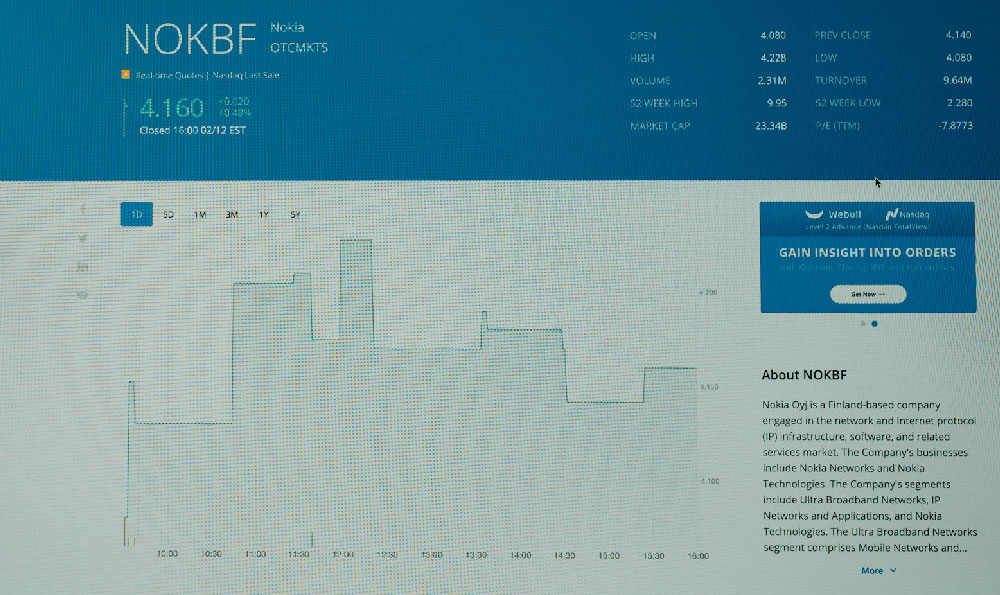The earning potential of a part-time real estate agent is a question laden with variables, rendering a precise answer elusive. Unlike professions with fixed salaries or hourly wages, real estate income is directly proportional to effort, market conditions, and a touch of serendipity. It’s not a static figure but rather a dynamic range influenced by a multitude of factors. To truly understand the potential, one must delve into the intricacies of commission structures, market fluctuations, personal dedication, and business development acumen.
Firstly, commission structure is the bedrock upon which a real estate agent's income is built. Agents typically earn a percentage of the sale price of a property, which is then split between the brokerage and the agent. This split can vary widely depending on the brokerage model, the agent's experience, and their production volume. New agents often start with a lower split (e.g., 50/50), with the brokerage retaining a larger portion to cover overhead and training. As agents gain experience and generate more revenue, they can negotiate more favorable splits (e.g., 70/30, 80/20, or even higher). Some brokerages offer a "100% commission" model, where the agent retains the entire commission but pays a monthly fee to the brokerage. Understanding these different models and choosing the one that best aligns with their goals is crucial for a part-time agent looking to maximize their earnings.
Secondly, the market environment exerts a significant influence on earning potential. In a seller's market, characterized by high demand and limited inventory, properties tend to sell quickly and often at or above asking price. This translates to more frequent and larger commission checks for agents. Conversely, in a buyer's market, where inventory exceeds demand, properties may take longer to sell, requiring more effort and potentially leading to price reductions. Economic downturns and fluctuations in interest rates also play a critical role. Part-time agents must be adaptable and possess the skills to navigate changing market conditions. This might involve specializing in a niche market (e.g., luxury homes, investment properties, first-time homebuyers) or focusing on creative marketing strategies to attract clients.

Thirdly, the agent's level of dedication and commitment directly correlates to their income. While "part-time" suggests limited hours, successful part-time agents treat their real estate career as a serious business. They invest time in professional development, networking, and building their personal brand. They actively prospect for leads, respond promptly to inquiries, and provide exceptional service to their clients. A truly dedicated part-time agent understands that real estate is not a 9-to-5 job and is willing to work evenings and weekends to accommodate their clients' schedules. They are proactive in seeking out opportunities and continuously refining their skills. A less committed agent who only dedicates a few hours per week and lacks the necessary drive will likely see significantly lower earnings.
Fourthly, business development and marketing prowess are essential for generating leads and building a sustainable client base. Part-time agents need to be strategic in their marketing efforts, focusing on cost-effective methods that yield the best results. This might include leveraging social media, building a strong online presence, networking with local businesses, and cultivating referrals from satisfied clients. Creating valuable content (e.g., blog posts, videos) that showcases their expertise and builds trust with potential clients is also crucial. The ability to effectively market themselves and their services is a key differentiator between successful and struggling part-time agents. Furthermore, cultivating strong relationships with other professionals in the industry (e.g., lenders, appraisers, home inspectors) can provide a steady stream of referrals.
Beyond these core elements, geographic location plays a pivotal role. The average home price in a particular area directly affects the potential commission earned on each transaction. An agent working in a high-cost-of-living area with expensive properties can potentially earn significantly more than an agent working in a lower-cost area, even if they complete the same number of transactions. Similarly, the competition within a specific market can influence earning potential. A market with a high concentration of agents may make it more challenging to attract clients and close deals.
The number of transactions an agent completes annually is a direct indicator of their income. A part-time agent who closes just a few deals per year will likely earn a relatively small income, potentially only a few thousand dollars. However, a highly motivated and skilled part-time agent who can close several deals per month can potentially earn a substantial income, even exceeding that of some full-time agents.
Finally, the agent's negotiation skills and ability to close deals are critical factors. A skilled negotiator can secure the best possible price for their clients, which translates to higher commissions. The ability to effectively overcome objections, handle complex transactions, and guide clients through the buying or selling process is essential for success.
Therefore, providing a definitive income figure is misleading. A conservative estimate for a minimally active part-time agent might be a few thousand dollars per year, while a highly driven and effective part-time agent could realistically earn tens of thousands, and in some instances, even surpass six figures. The actual income depends entirely on the individual's dedication, market knowledge, business acumen, and ability to close deals. It’s a performance-based industry where hard work, strategic planning, and a commitment to providing exceptional service are the cornerstones of financial success. To truly assess their potential, aspiring part-time agents should research their local market, analyze commission structures, and honestly evaluate their commitment level and business development capabilities.












